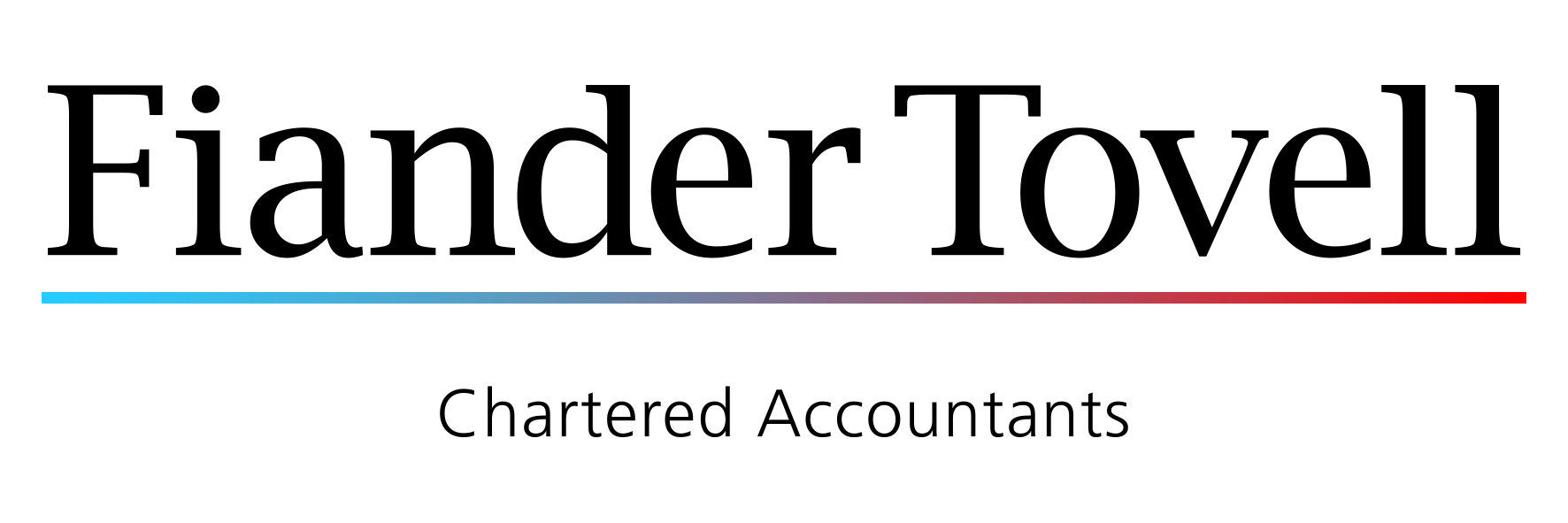
Finding the Right Finance for Your Business Growth
Every business, whether it’s in its early stages or is already expanding, requires finance to fuel its growth. But navigating the world of business finance can be overwhelming, especially with the various options available.
That’s why our experts at Fiander Tovell have compiled a comprehensive guide to help you assess your financing needs, navigate your options and make informed decisions that align with your business goals.
When is Finance Necessary?
Finance is often essential for business growth, but it requires careful consideration. Additional funding involves commitments in terms of capital and interest payments, so your business must be capable of sustaining the added responsibility. You’ll also need to assess how it affects your workforce, resources and space.
Start With Existing Resources
Before seeking external funding, it’s important to explore internal solutions. Can you improve your working capital by reducing stock levels or speeding up debt collection? Surplus cash should also be reviewed to ensure it’s being used efficiently, possibly through short-term investments.
Creating a Solid Business Plan
If external funding is necessary, a well-crafted business plan is key. Not only will it help you clarify your project’s goals and funding needs, but it’s also critical for securing support from lenders. Your business plan should include:
- Objectives and goals
- Purpose of the funding
- Business ownership and history
- Management and responsibilities
- Products and market share
- Sales strategy
- Detailed financial projections
Types of Finance
There are many types of finance available, but not all are suitable for every business. Common options include:
- Bank overdrafts, loans and mortgages: These are popular, but interest rates vary, so it’s important to consult with an expert
- Leasing, hire purchase or invoice discounting: These options are ideal for acquiring assets or freeing up cash from debtors. Each has tax implications, so choose wisely
- Government assistance: Grants, loan guarantees and regional funds may be available through initiatives like the British Business Bank
Understanding Security
Lenders will typically require security, and the level can vary. Common forms of security include:
- Fixed and floating charges: These are used for bank loans, where property or other assets are secured
- Personal guarantees: In cases where business assets are limited, personal guarantees may be required. Be cautious, as these can be difficult to amend later
How We Can Help
The financing needs of your business depend on factors like the amount required, the nature of your business and the lender’s risk exposure. While there are general financing strategies, every business has unique circumstances that require tailored advice.
We can help you craft a business plan and explore suitable financing options to support your growth. For more information, please see our guide. For assistance or more information on navigating business financing options and securing the right funding, get in touch with us today.

